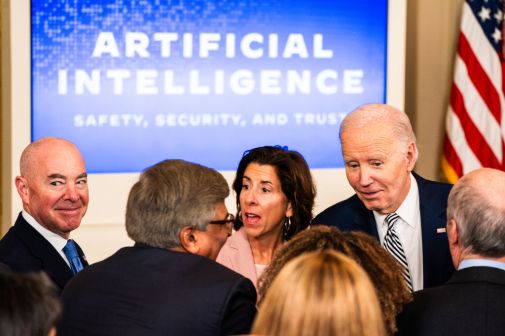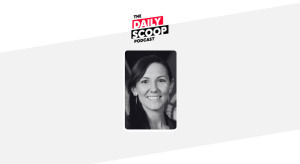The nation has made tremendous improvements in expanding its health IT infrastructure in the past decade, and the topic is continuing to grow as a critical focus in the federal health care community. But the Office of the National Coordinator for Health IT recognizes that it will all be for naught if the technology and systems don’t achieve the end goal of improving the care patients receive.
ONC released a 10-year vision Thursday emphasizing that health IT, while important, is more so a means for achieving a “quality improvement ecosystem,” what Dr. Jacob Reider, the deputy national coordinator at ONC, calls the important “why” behind the health information systems. In the report — “Health IT Enabled Quality Improvement: A Vision to Achieve Better Health and Health Care” — ONC lays out how the interoperable health IT systems in development today can improve the quality of health care.
“The main goals of health IT adoption are to achieve improved health and health care quality, safety, and communication among all members of the care team while decreasing costs and increasing value,” the paper states, citing an interoperable health IT infrastructure as vital to achieving these goals.
In essence, ONC envisions Health IT systems reducing the length of health care feedback loops and making the transfer of the data therein more effective.
“This advanced and interoperable health IT quality ecosystem will make the right information available to the right people at the right times, across products and organizations, to help individuals make fully informed decisions about their health and healthcare and to help health care providers deliver safe, effective care,” the paper says.
Reider told Fedscoop the feedback loop is the big picture goal with this plan.
“The whole loop is the uber focus,” Reider wrote in an email. “Evidence based practice [and/or] the patient or providers care goals are enabled by technology tools and then care is measured against these goals and reported (back to the patient, or provider, or payer, or researchers), and then the evidence, tools or measures may be refined based on new this new knowledge.”
ONC has set a 10-year vision in place, with three and six year checkpoints as well. By the time 2024 roles around, the office believes health IT will be pervasive and the use of data and technology as the backbone of health care will be the expected model.
With interoperable health IT the standard a decade from now, ONC said people will play a more vital role in their own health and care, something apparent today with the market flood of connected health and wellness devices.
“Individuals will view themselves as the hub of their health and care and will be considered an integral member of the care team,” the ONC report says. “Technology will continue to advance and become more pervasive in every aspect of daily living. Individuals will routinely use advanced technology to manage and monitor their wellness and health care, and generate data for use by multiple IT systems and analytical tools. Their data will be available whenever and wherever they are needed to enable optimal health and care. They will enjoy personalized information and individualized care which is crucial to facilitate their wellness goals and the flow of their health information.”
Arriving there, though, is a hefty goal. But ONC has an incremental plan in place to arrive at a robust national health IT infrastructure that depends on the convergence of practices, standards, policies, strategies and so on, so that when the health IT environment of the future arrives, the entire health care community will be on the same page for improving quality care.







